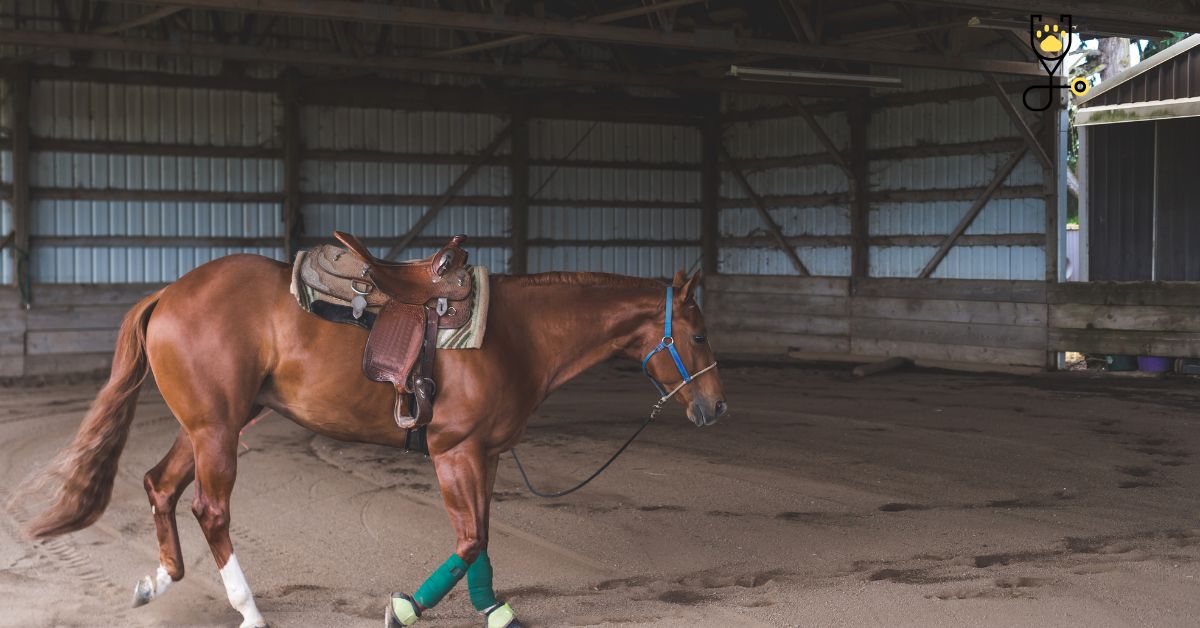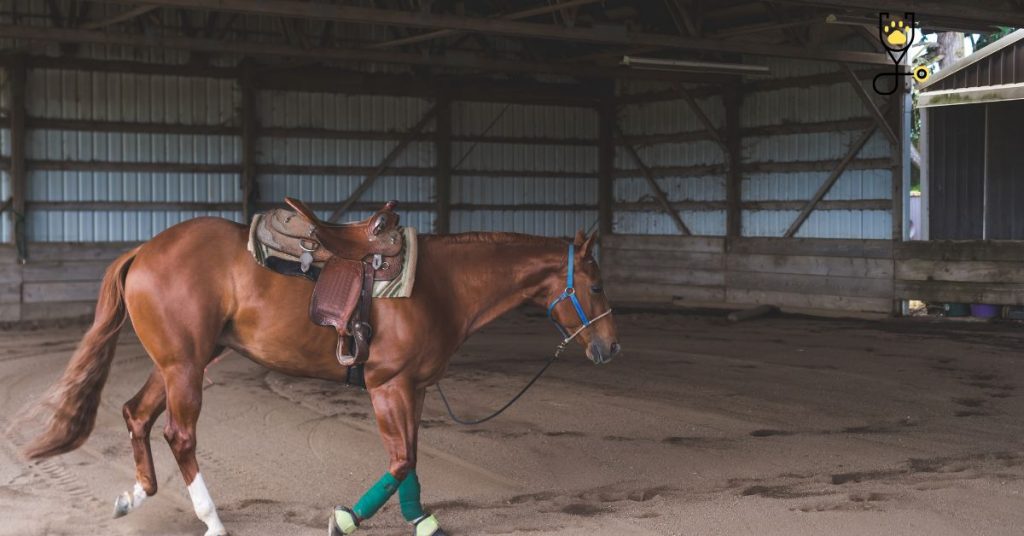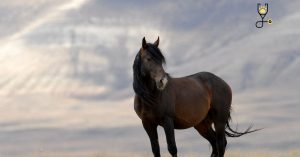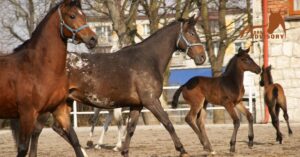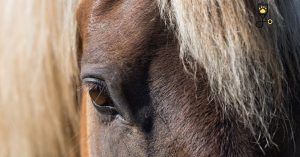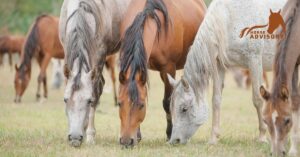You may have heard the term ‘broke horse’ before, but do you know what it means? A ‘broke horse’ is a horse that has been taught how to be ridden and handle being around people. They are reliable mounts for beginner riders and are often used as teaching horses. Many people believe that all horses can be broken, but this isn’t always the case. Some horses, especially those that come from a racing or other performance background, may not be suitable for beginners. If you’re interested in learning more about broke horses, read on!
What is a broke horse, exactly?
A broke horse is a horse that has been trained to be ridden and handle being around people. These horses are considered reliable mounts for beginner riders because they’ve already been taught the basics of riding and handling. They may have participated in races or other performance events as well, so they are often accustomed to things like loud crowds, traffic, and other distractions.

Are all horses can be broken?
Many people believe that all horses are capable of being broke, but this isn’t always the case. Some horses, especially those that come from performance or racing backgrounds, may not be suitable for beginners. They may have been trained to perform a certain way or run a certain race and feel uncomfortable in other situations. If you’re interested in learning more about broke horses, it’s important to do some research before buying one for yourself.
How Train A Broke Horse
There are many different methods and techniques used to train a horse, also known as breaking a horse. Some people prefer to start with basic groundwork exercises, such as longeing or ground driving, in order to teach the horse about its body and how to respond appropriately to cues. Other trainers may use more advanced riding exercises like dressage or jumping. The important thing is to be consistent, patient, and gentle with your training approach so that you can build a trusting relationship with your horse.

Tips for choosing a broke horse
1. Start by looking for a horse that has experience around people
This doesn’t necessarily have to be a broken horse, but it’s important to choose one that is comfortable with being handled and ridden.
2. Look for horses that have a calm demeanor
You should avoid choosing any horses with aggressive or highly anxious tendencies. These types of behaviors can be difficult to deal with and may even pose a safety risk for you and your riding companions.
3. Consider the training history of your potential new horse as well
Has he been extensively trained or does he still need some work? An experienced trainer can often tell which type of broke horse you’re dealing with just by observing his behavior in the stable or at home on the farm.
4. Always make sure that you’re dealing with a reputable seller or trainer
Choosing to buy from an unknown source can be risky, as you may end up purchasing a horse that has not been trained or broken properly. Take your time and do some research before making any final decisions about buying a broke horse.
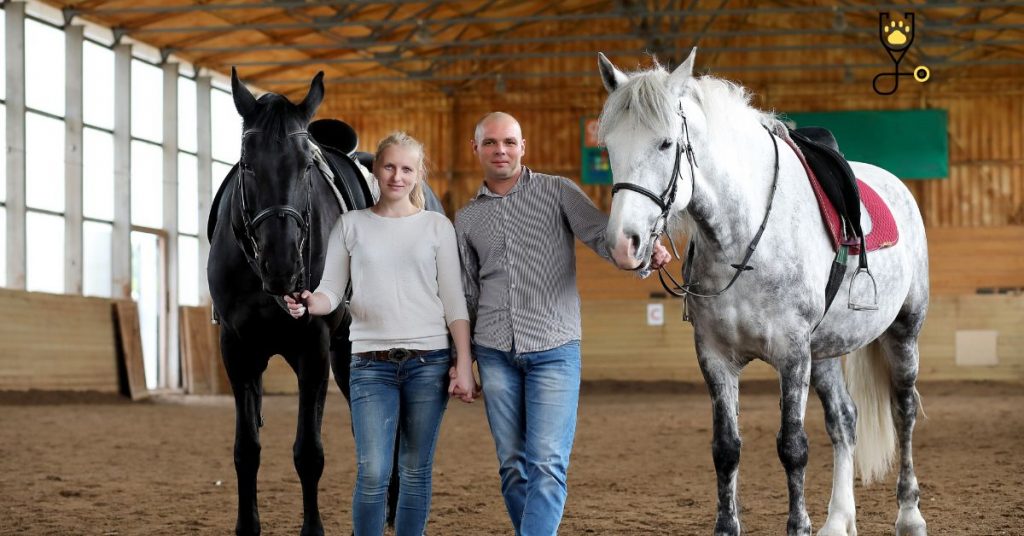
What are some of the benefits of owning a broke horse?
1. Broke horses are typically very reliable and easy to handle, which makes them good mounts for beginner riders or anyone who is still learning about riding.
2. Since they have already been trained and handled, broke horses tend to be more comfortable around other horses and people, which can make them ideal for use in trail riding or other group activities.
3. They have often been exposed to a variety of different situations and environments, which can make them more confident and trusting overall. This makes it easier for them to adjust to new surroundings and helps prevent the development of fear-based behaviors.

- If you’re looking for a reliable horse that will help you improve your riding skills, consider choosing a broke horse from a reputable seller or trainer. With the proper care and training, these horses can be excellent companions on all your adventures!
Conclusion
Overall, there are many benefits to owning a broke horse, including their reliability and ease of handling. Whether you are a beginner rider or someone who is looking for a horse to use in group activities like trail riding, a broke horse can be an excellent choice. However, it’s important to do your research and choose a reputable seller or trainer when looking for a broke horse, as this can help ensure that you get the best possible fit for your needs and goals.
Frequently Ask Questions
Q: What is the best approach to brokering a horse?
A: There is no one definitive answer, as different techniques and methods may be more or less effective depending on the individual horse. However, some general tips include being consistent, patient, and gentle with your training approach; building a trusting relationship with your horse; and looking for horses that are comfortable around people.
Q: Are broke horses always reliable when it comes to riding?
A: Not necessarily. Some horses may have been trained in basic exercises like longeing or ground driving, while others may have more advanced experience with dressage or jumping. Depending on your skill level and riding goals, you may need a horse that has more or less training in order to meet your needs.
Q: How can I find a reputable seller or trainer for my broke horse?
A: There are many ways to do this, including looking online for reviews and recommendations, talking to other riders in your area, attending local horse events, and asking around at your local stable or equestrian center. No matter what approach you take, it’s important to do your research and make sure that you are working with a reputable source in order to ensure the best possible experience with your broke horse.
Q: Can broke horses be used for other purposes, such as riding lessons or therapeutic riding?
A: Many broke horses are well-suited to these types of activities and may even excel in them. However, it’s important to be aware of your horse’s history and training level in order to choose an activity that is appropriate for his skills and abilities. If you have any concerns, it can be a good idea to consult with your trainer or a professional riding instructor to help determine the best approach for using your horse in lessons or other activities.
